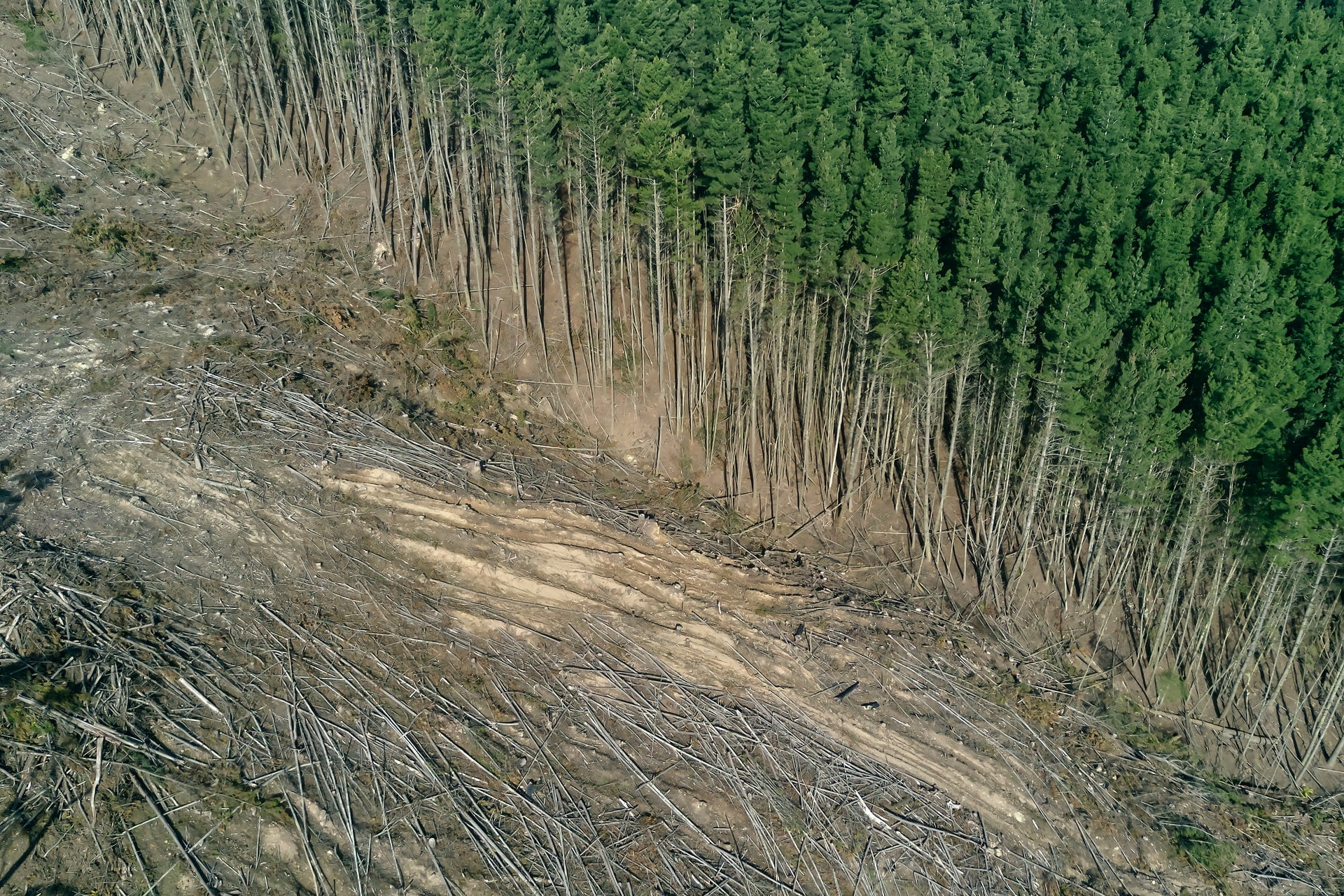Subscribe to The Climate Optimist for stories of climate hope and action.
A study led by our Director Dr. Aaron Bernstein in Science Advances shows the annual costs of “primary pandemic prevention” actions (~$20 billion) are less than 5% of the lowest estimated value of lives lost from emerging infectious diseases every year, less than 10% of the economic costs, and provide substantial co-benefits.
The study looked at every new viral disease that spilled over from animals into humans since 1918 that killed at least 10 people, including HIV, the Spanish Flu, SARS, West Nile, COVID-19 and many more. The estimated value of lost lives is – at a minimum – $350 billion a year, with an additional $212 billion in direct economic losses.
Researchers provide three cost-effective actions to prevent future pandemics by stopping “spillover” of diseases from animals into humans: better surveillance of pathogens, better management of wildlife trade and hunting, and reduced deforestation.
These actions also help avoid carbon dioxide emissions, conserve water supplies, protect Indigenous Peoples’ rights and conserve biodiversity.
Primary prevention actions and recommendations include:
- Better surveillance of pathogens that may spill from animals to people
- A global viral discovery project should be developed to target where prevention activities should be focused geographically. This library can help quickly identify pathogens when they emerge and accelerate our ability to develop tests and vaccines rapidly and deploy them widely.
- More well-trained veterinarians are needed, especially in spillover hotspots, to monitor for emerging diseases and prevent spillover from wildlife or livestock into people.
- Better management of wildlife trade and hunting
- Inadequate monitoring and surveillance of the wildlife trade enables zoonotic disease emergence. An increased budget and personnel for the Convention on International Trade in Endangered Species of Wild Fauna and Flora (CITES), the World Organization for Animal Health, and national agencies charged with monitoring animal importation to conduct research, monitoring, and enforcement is necessary to reduce risky trade.
- Reduction of deforestation
- Deforestation, particularly in the tropics, brings people into contact with animals as they enter forests to clear them for agriculture or timber, build roads, or work in mines. It creates forest edges that facilitate contact between people and viral reservoir hosts.
- Mitigating Amazonian deforestation is a cornerstone of primary pandemic prevention. Smaller forests are also important sources of emergent pathogens due to their proximity to densely populated settlements. Tying conservation measures to investments in healthcare system strengthening can support communities living in and around forests.
- Agriculture must be reformed to minimize, or ideally reverse, land conversion, and demand for less sustainable food must also be curtailed.
In 2021, a task force led by Dr. Bernstein found that the spillover of pathogens with the potential to cause pandemics occurs from livestock operations; wildlife hunting and trade; land-use change and the destruction of tropical forests; expansion of agricultural lands, especially near human settlements; and rapid, unplanned urbanization. Previous research by Dr. Bernstein found that the cost of preventing the next pandemic is 2% of the cost we’re paying for COVID-19.
Read now
Related materials
Related media
- Failure to prevent pandemics at source is ‘greatest folly’, say scientists (The Guardian)
- Preventing the next COVID-19 would be cheaper, safer than fighting a pandemic, study says (USA Today)
Authors
Aaron S. Bernstein, Amy W. Ando, Ted Loch-Temzelides, Mariana M. Vale, Binbin V. Li, Hongying Li, Jonah Busch, Colin A. Chapman, Margaret Kinnaird, Katarzyna Nowak, Marcia C. Castro, Carlos Zambrana-Torrelio, Jorge A. Ahumada, Lingyun Xiao, Patrick Roehrdanz, Les Kaufman, Lee Hannah, Peter Daszak, Stuart L. Pimm, Andrew P. Dobson









